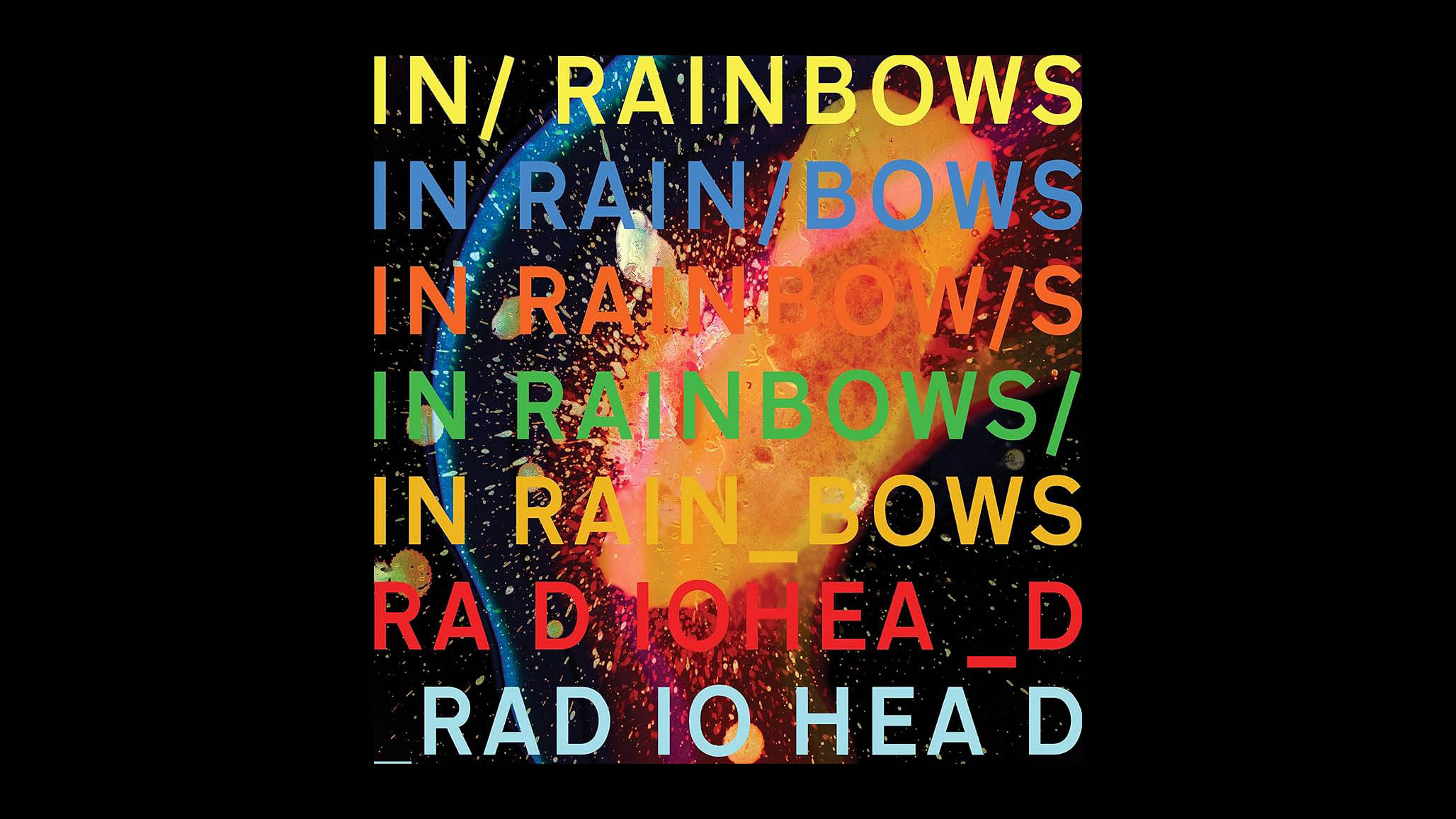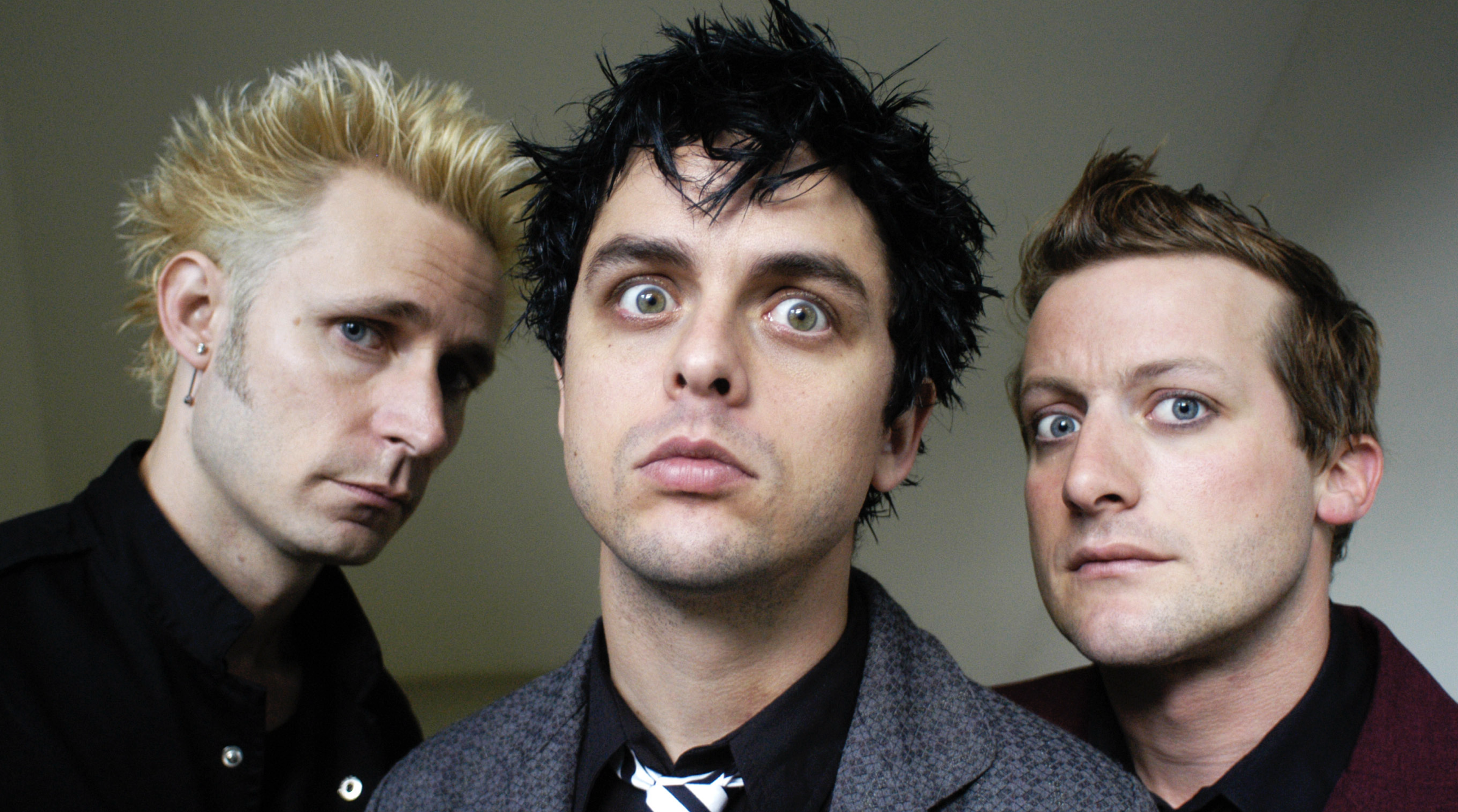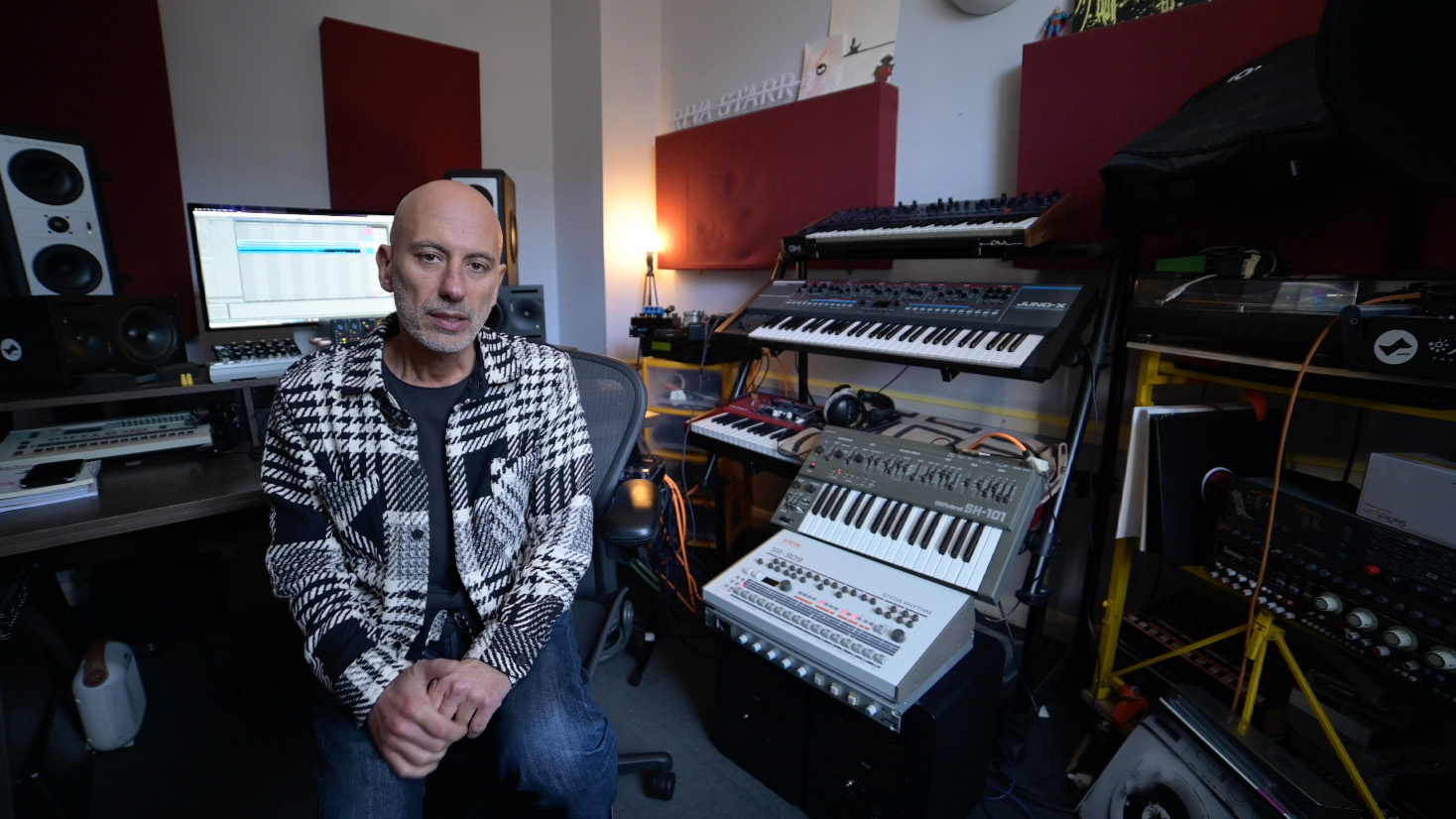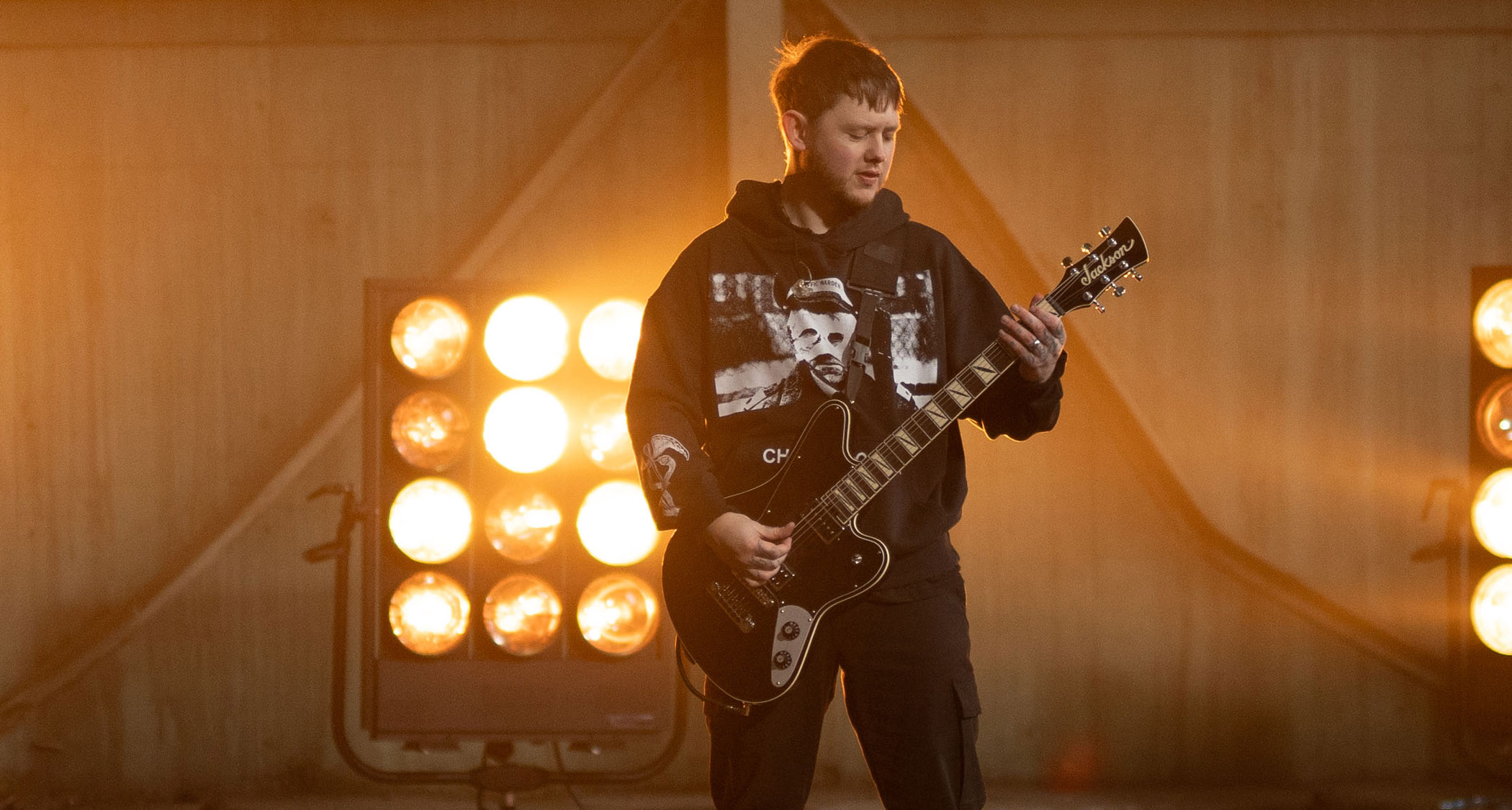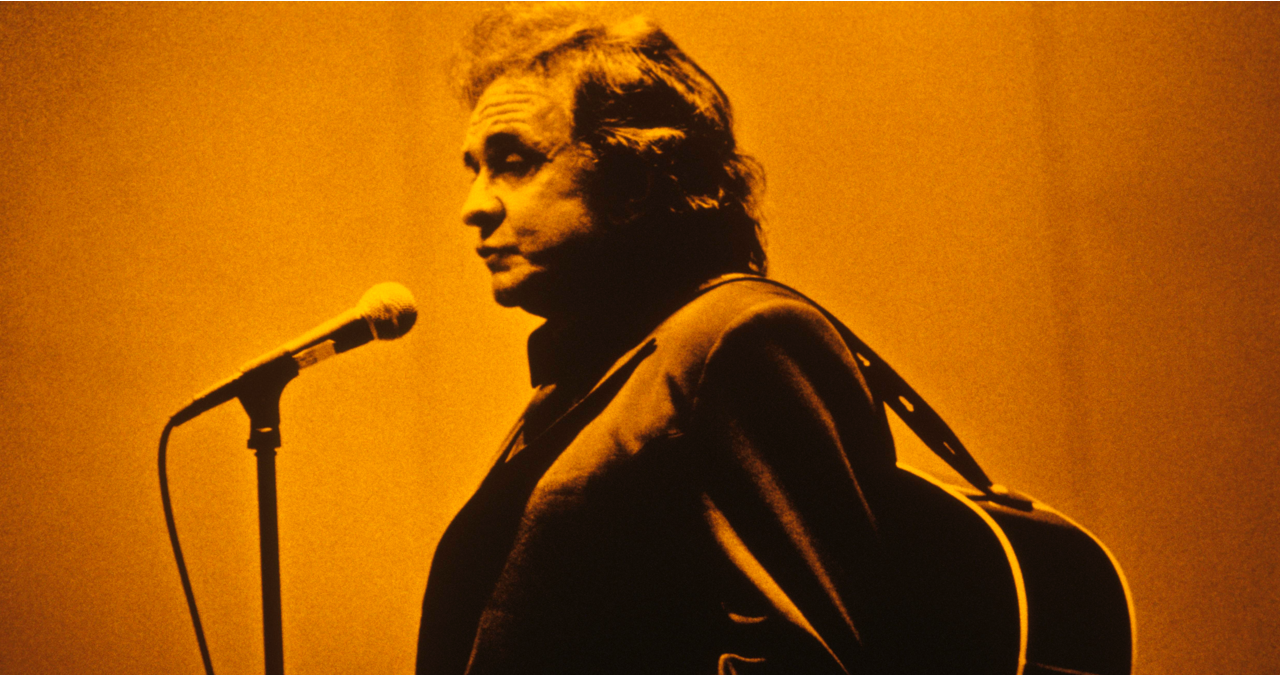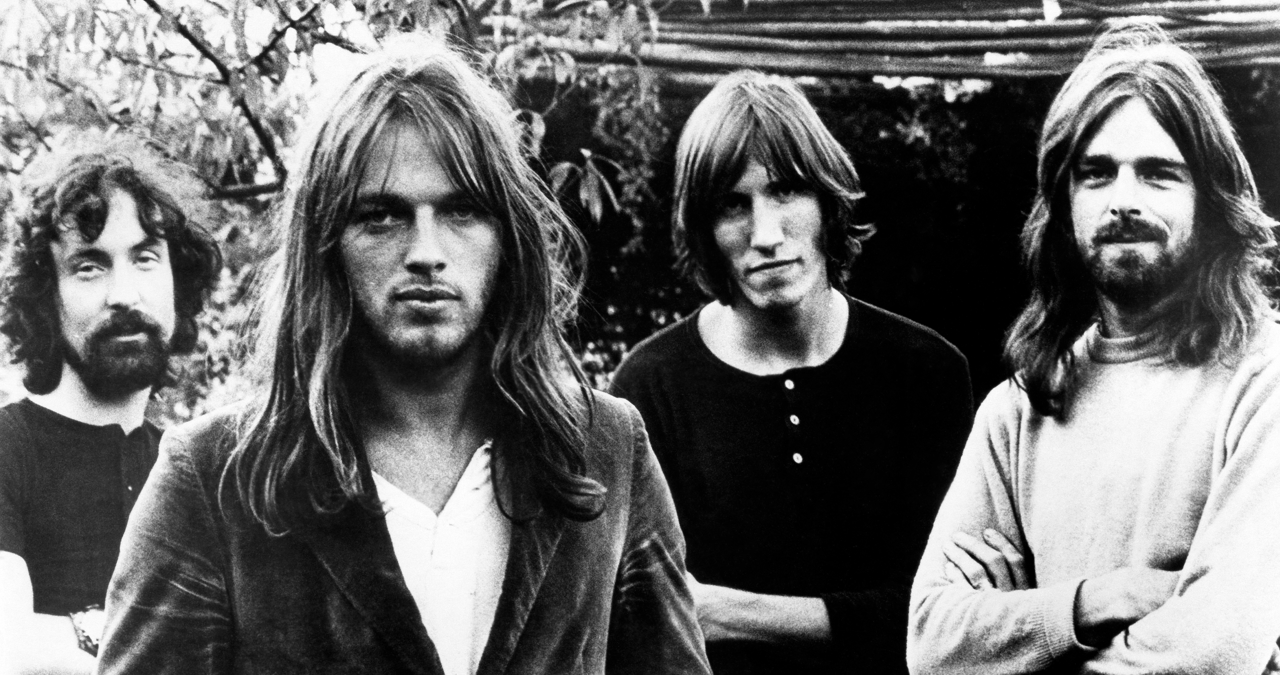“If you’re writing with likes, engagement and streams firmly in your mind, you’re setting yourself up to fail”: Why you should never view music-making as a job
In the first of our 100 things that all modern music-makers should know, we’re stressing that a bleak outlook for the industry doesn’t mean you should stop creating music on your own terms
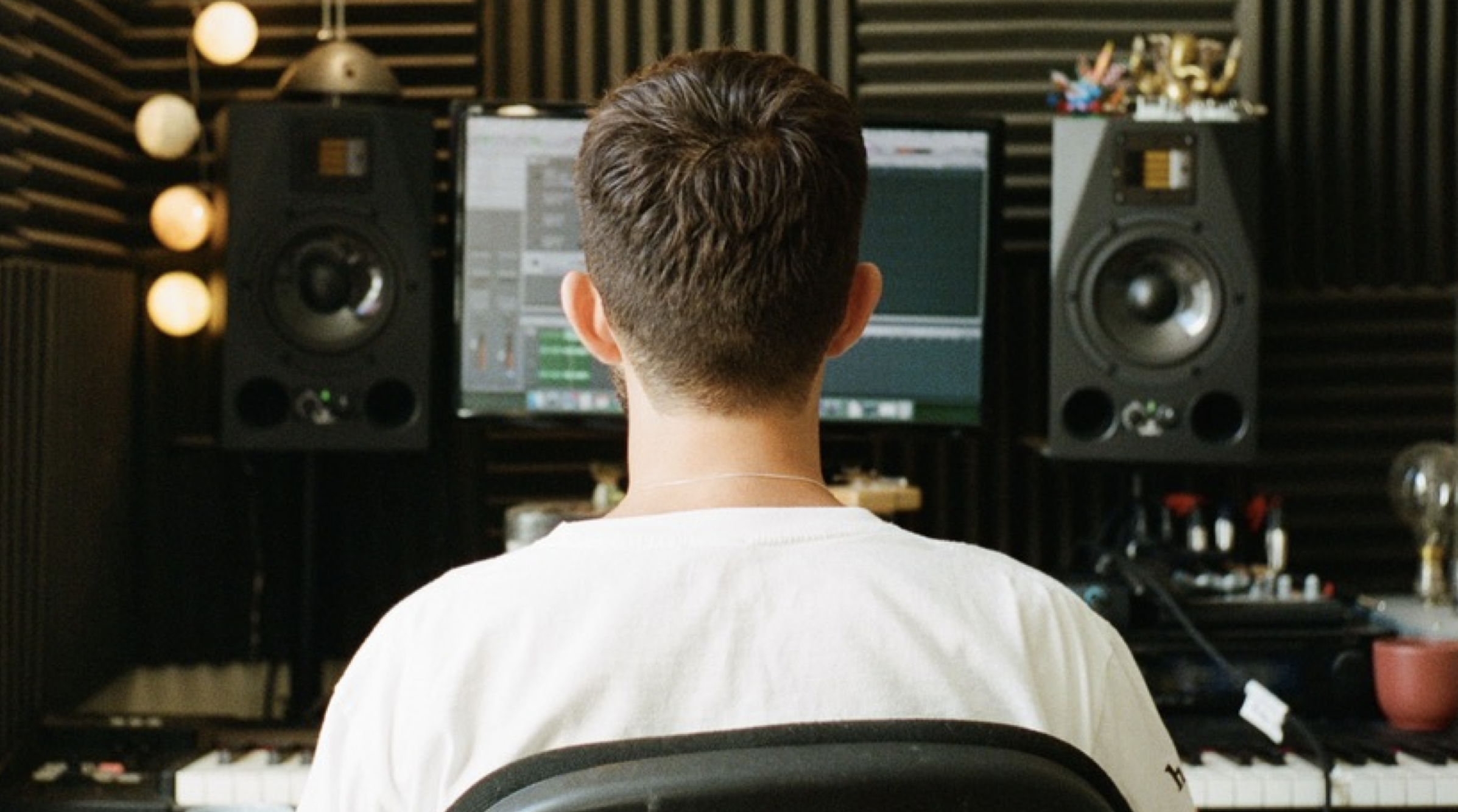
With the web awash with negativity, it’s often the case that many music creators - or those just starting out - can feel more hopeless than ever before.
In the content-stuffed landscape of 2025, why should creatives spend time and effort making fresh music, when there’s little chance of anyone engaging with it? Let alone buying it.
Rather than tritely answer that question with a vague, shruggy answer, we’ve decided to address this most pertinent of questions via a new ongoing series of finely-honed mini-features.
Welcome to the first of MusicRadar’s 100 things that all music-makers should know. Over the next few months, we're going to be directly digging into an array of issues that are critical for today's musicians and producers to navigate.
Our plan is to build up the ultimate guidebook for creative survival in 2025 and 2026. We’ll be opining on the trends, disruptions and threats to self-releasing (or signed) musicians as well as guiding creatives through the financial ramifications, mental health management and how we can find the inspiration to keep being productive.
The legacy music industry was largely shaped by those artists and innovators doing things outside the box - forcing the industry to catch-up.
Though there's been many changes since then, we strongly believe that musicians still have the power to dictate the future.
With that in mind, let’s not allow a cyncial vision of decline and disinterest dissuade us from making incredible music.
Firstly - before we get too specific, let’s state something that is repeatedly uttered by many of the successful artists and producers we've spoken too, and is something that bears repeating (and explaining) loud and clear.
Get the MusicRadar Newsletter
Want all the hottest music and gear news, reviews, deals, features and more, direct to your inbox? Sign up here.
Lesson #1: Thinking of the music-making process as a job can erode your passion
We’re not being deliberately obtuse here. What we’re addressing is centrally tied to your creativity, your mental health, your financial security and many other aspects of being a music-maker in today's ecosystem.
Firstly, we’re not saying that you should cast off any ambitions of making a living from your music - far from it.
But, perusing the wisdom of many of the world’s most groundbreaking artists throughout history, it's often the case that the biggest successes during the pop era were often done in spite of the then-current (and then-profitable) trends.
Genuine innovation in music tends to comes from singular and authentic voices - motivated by the joy of breaking new ground, or trying something new. It's more vital to keep this close to your heart in 2025 than ever.
The truth is, if you’re writing with likes, engagement and streams firmly in your mind, you’re setting yourself up to fail. In the same way that writing with a crosshair on the charts was rarely a tactic used by many of music’s most critically revered figures.
A good example being Prince, who recalled in a 2004 interview to MSNBC that many of his biggest Purple Rain-era hits were trend-buckers as opposed to trend-followers; “I never really sat down and did music that way. [When] When Doves Cry came out it sounded like nothing that was on the radio. Let’s Go Crazy was number one on R&B stations and there’s nothing that’s been like that on radio since.”
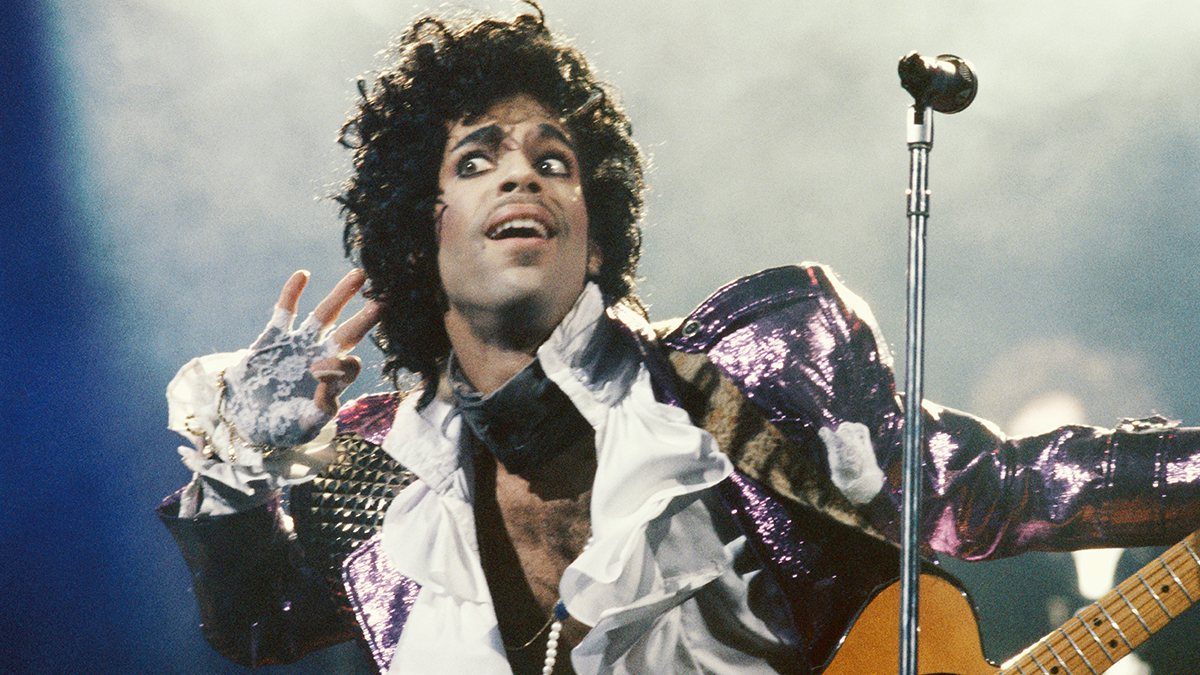
As this feature series continues, we’ll document the various strategies, hoops and business management approaches to adopt when establishing yourself as a music-maker.
If you do want a career in music, then these are important, and there’s no getting away from it.
But, this doesn’t contradict our first lesson - though it’s easy to mix-up the 'creative' and the 'business' hats. Hence why we have decided to be front and centre with this most instructive lesson of all.
Your music itself isn’t the business.
The infrastructure, promotion, audience development and overall strategy of yourself as an artist should never interfere with how you write or compose.
In a recent interview with on-the-rise band South Arcade (who are currently resurrecting 2000’s pop-punk for the TikTok generation) the four-piece shared that for them, when they stopped trying too hard to make things fit a certain niche, is ironically when they found their identity.
“There was a time when we were really over-analysing stuff, before TikTok and the first few singles took off. We took it as a sign," the band told us. "When we stopped analysing all the numbers, and started just making stuff we really liked, that was when the rewards started."

The dangers of approaching the music-making process with a workplace mindset are many.
You might find yourself avoiding the sounds and melodies you feel drawn towards creatively, in fear of them not being accessible enough.
You might find yourself releasing something you’ve spent hours, days or months fastidiously building, only to have nobody engage or listen to said track. Crushing.
And, perhaps most devastating of all, when you open a project in your DAW - or pick up your instrument - there might emerge a gnawing sense that you’re not really enjoying this music-making lark, and might want to spend your time doing something else.
To prevent that from happening, don't let those commercial, social media or career strategy concerns wander into your headspace during the creative process. Shut it out.
“I’m always being told that I need to do more on [social media]. I prefer to spend my time working on the music itself,” George King (aka Catching Flies) told us a couple of years back. “For me, it’s much more important to focus on the reason I do this in the first place, which is the music. Then, anything that follows is a bonus. I’d make music if nobody was listening. It’s something I have to do.”

There's little point trying to monetise and promote your art if you don't respect yourself as an artist.
Give yourself the freedom to create.

I'm the Music-Making Editor of MusicRadar, and I am keen to explore the stories that affect all music-makers - whether they're just starting or are at an advanced level. I write, commission and edit content around the wider world of music creation, as well as penning deep-dives into the essentials of production, genre and theory. As the former editor of Computer Music, I aim to bring the same knowledge and experience that underpinned that magazine to the editorial I write, but I'm very eager to engage with new and emerging writers to cover the topics that resonate with them. My career has included editing MusicTech magazine and website, consulting on SEO/editorial practice and writing about music-making and listening for titles such as NME, Classic Pop, Audio Media International, Guitar.com and Uncut. When I'm not writing about music, I'm making it. I release tracks under the name ALP.
You must confirm your public display name before commenting
Please logout and then login again, you will then be prompted to enter your display name.
GAK is gone: UK music store giant GAK just got bought by Gear4Music for £2.4 million
“Without investment in music education our talent pipeline is at risk of drying up along with the huge opportunities for economic growth it brings”: UK Music draws up five point plan to “turbocharge” music education
